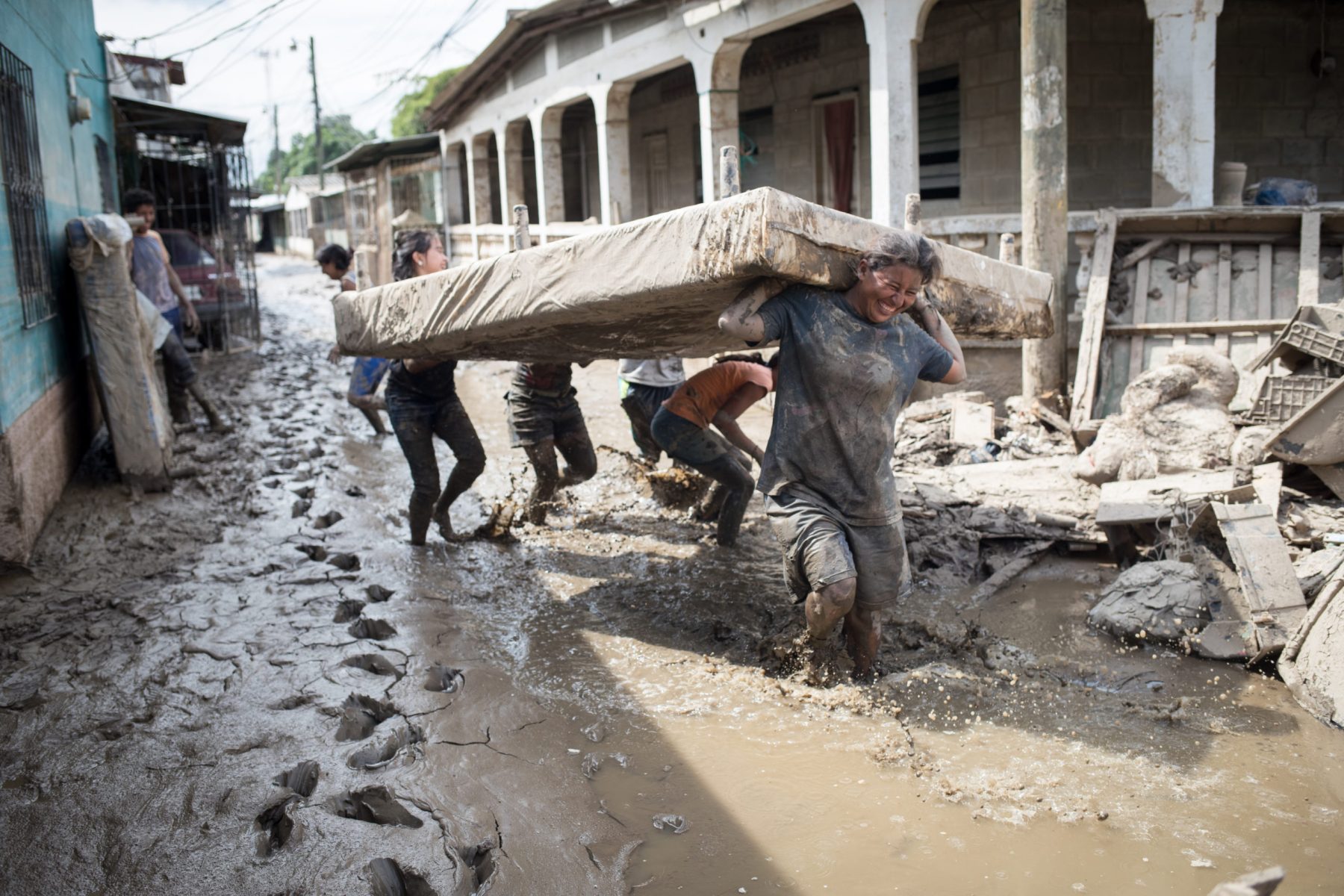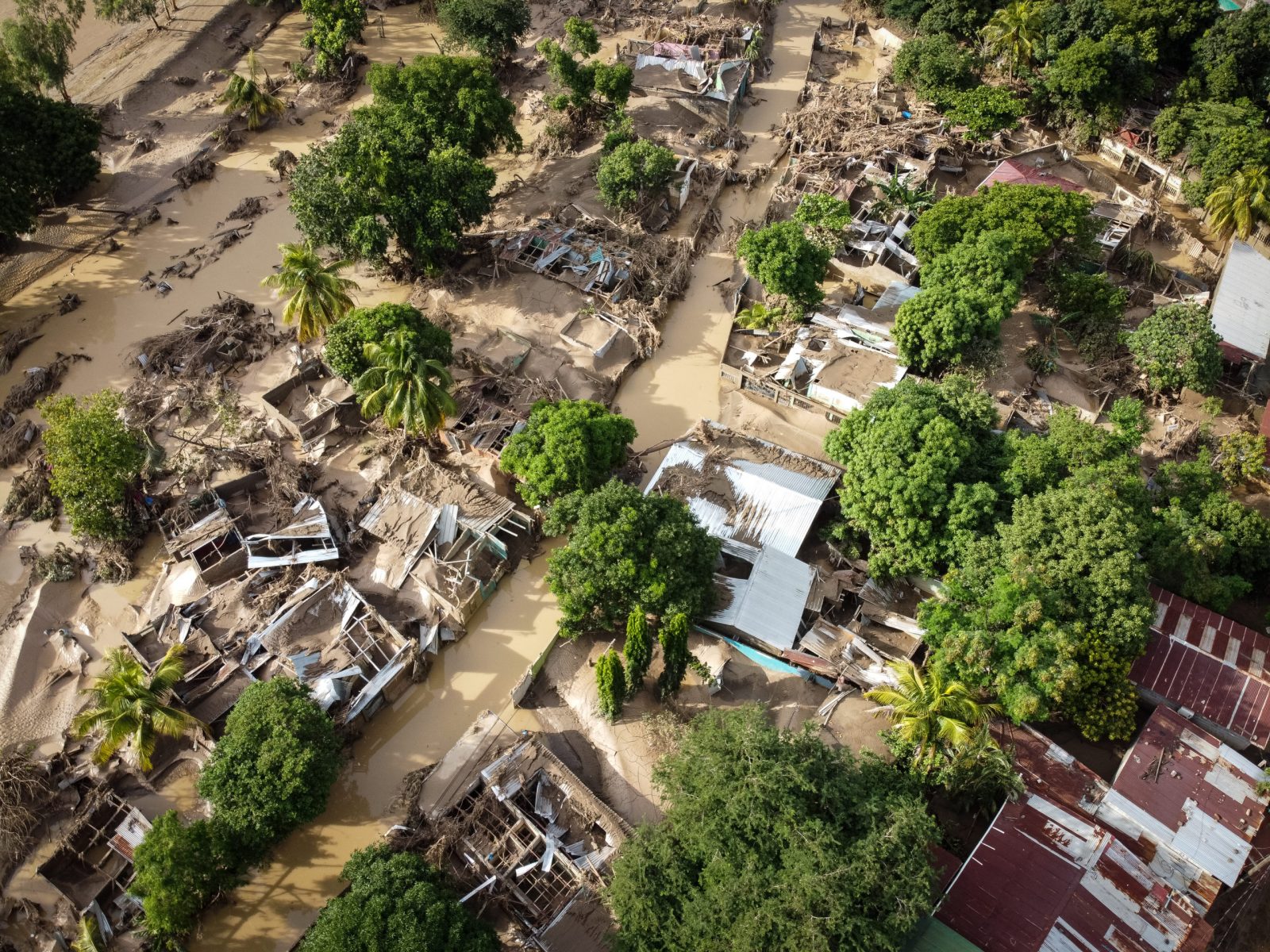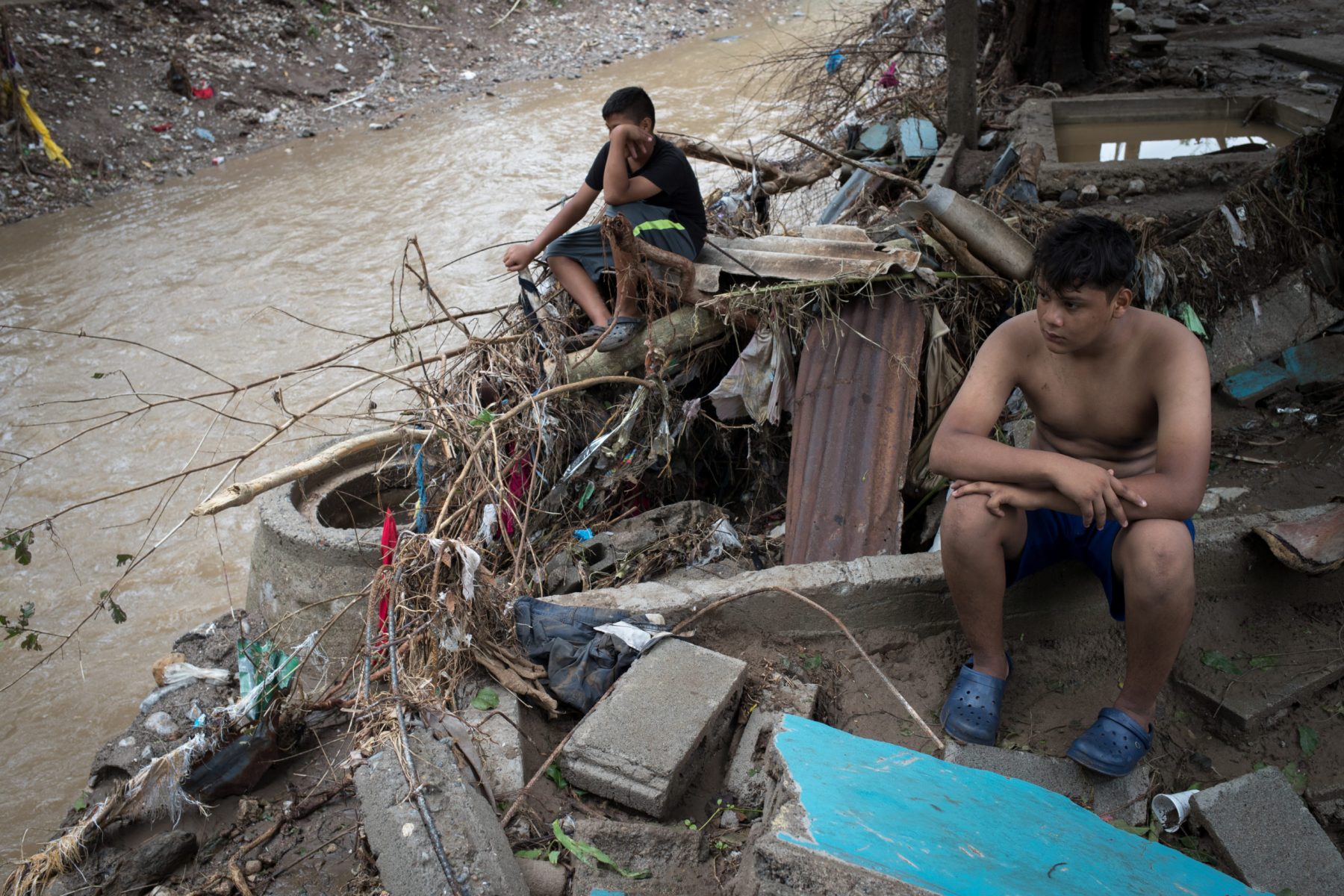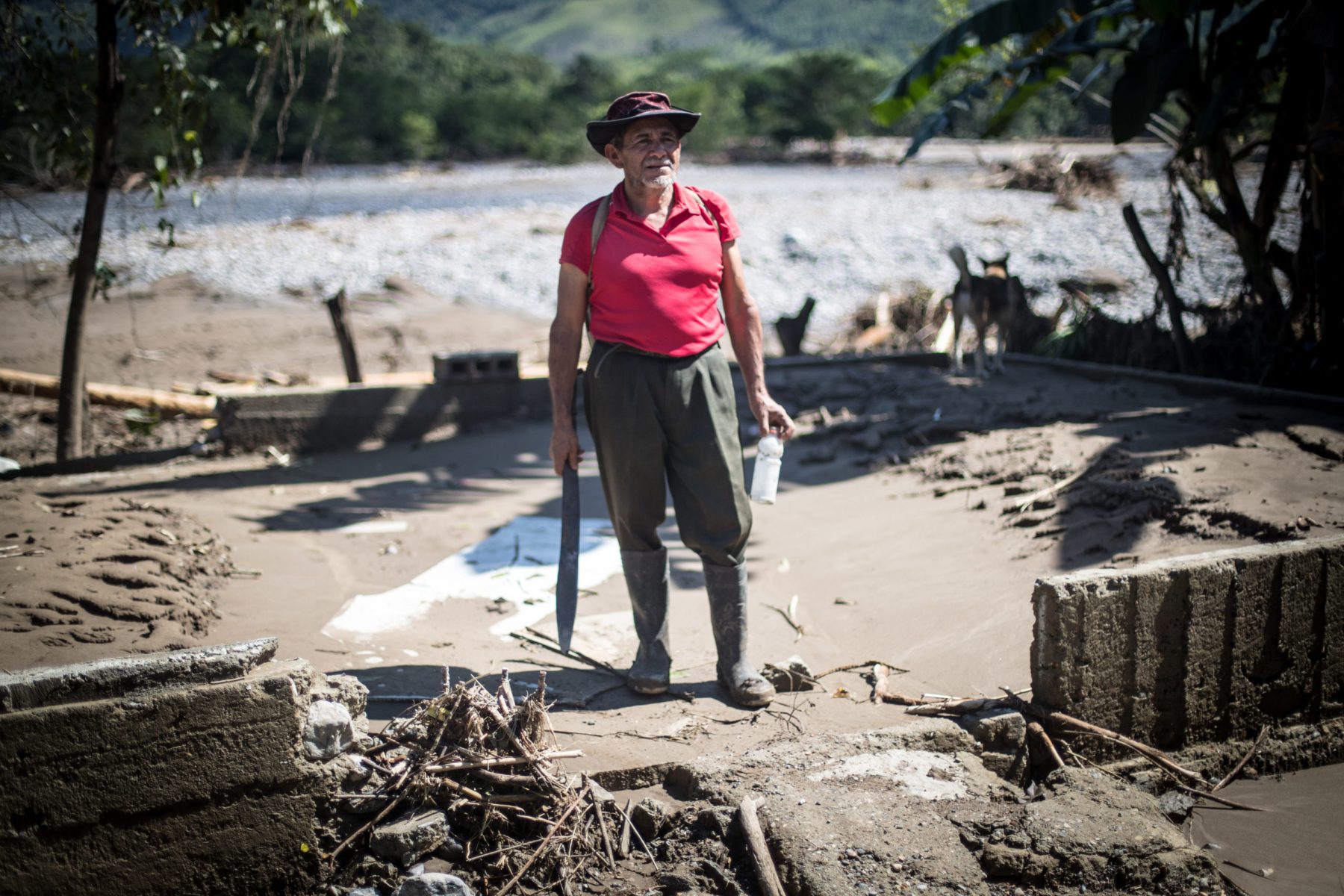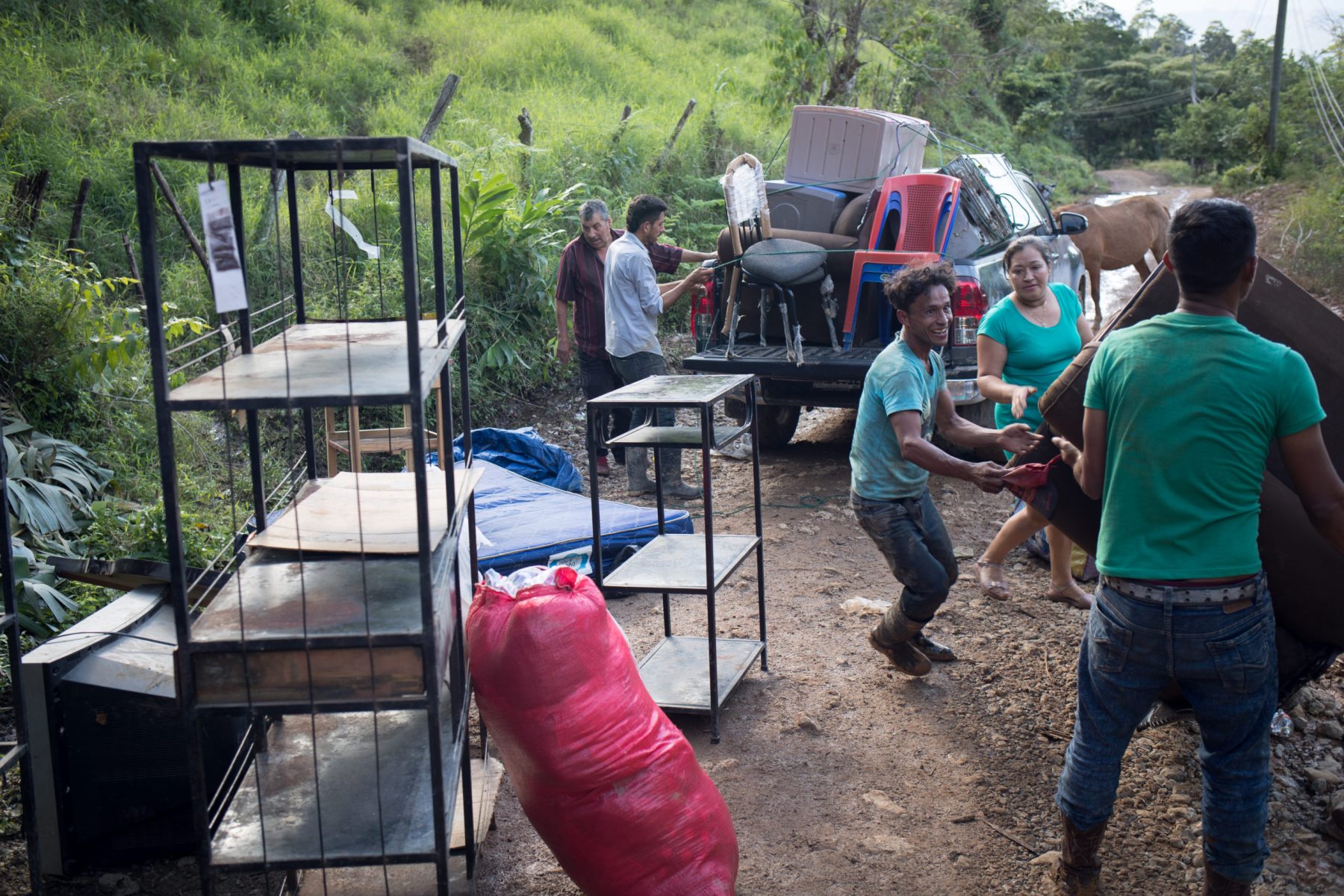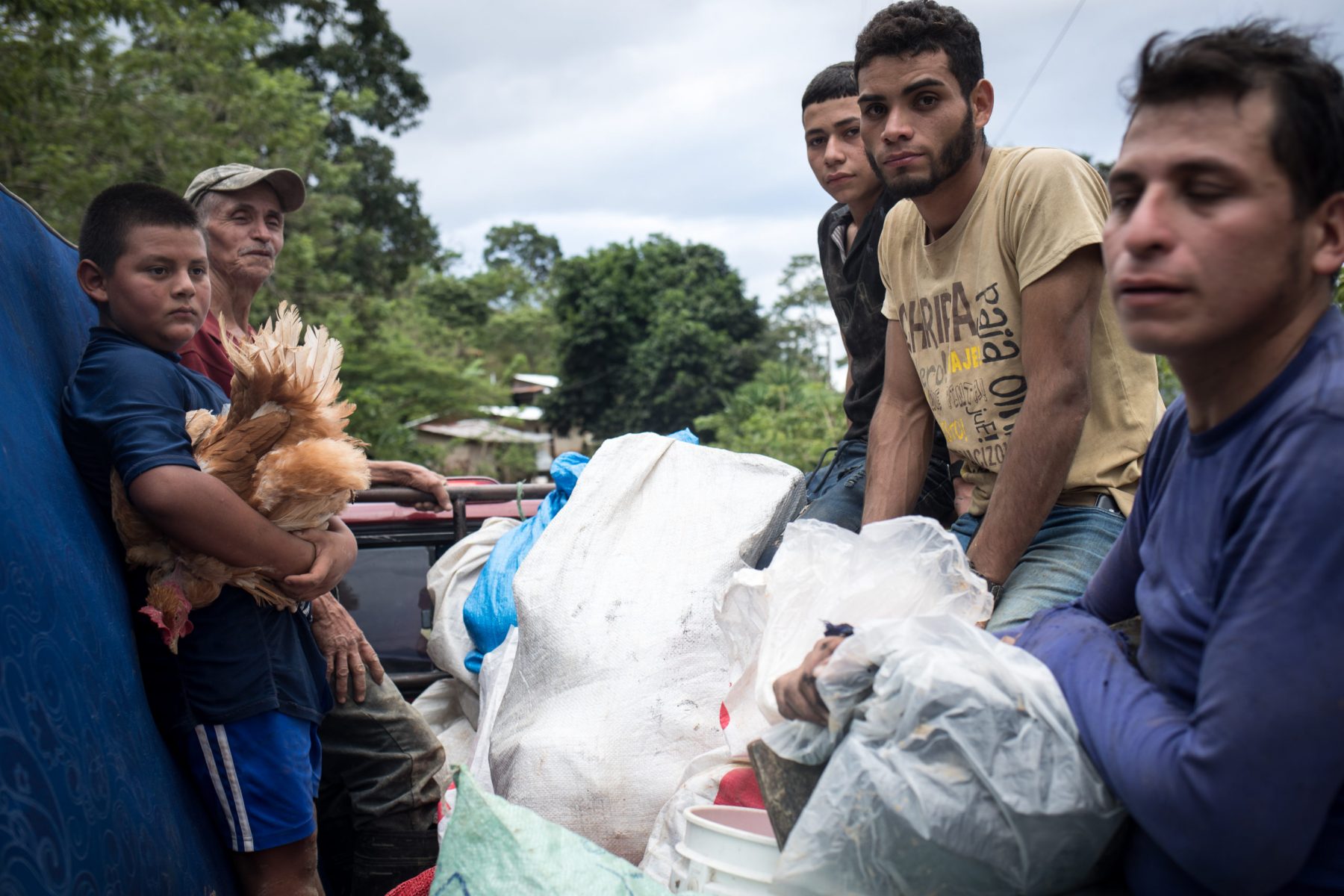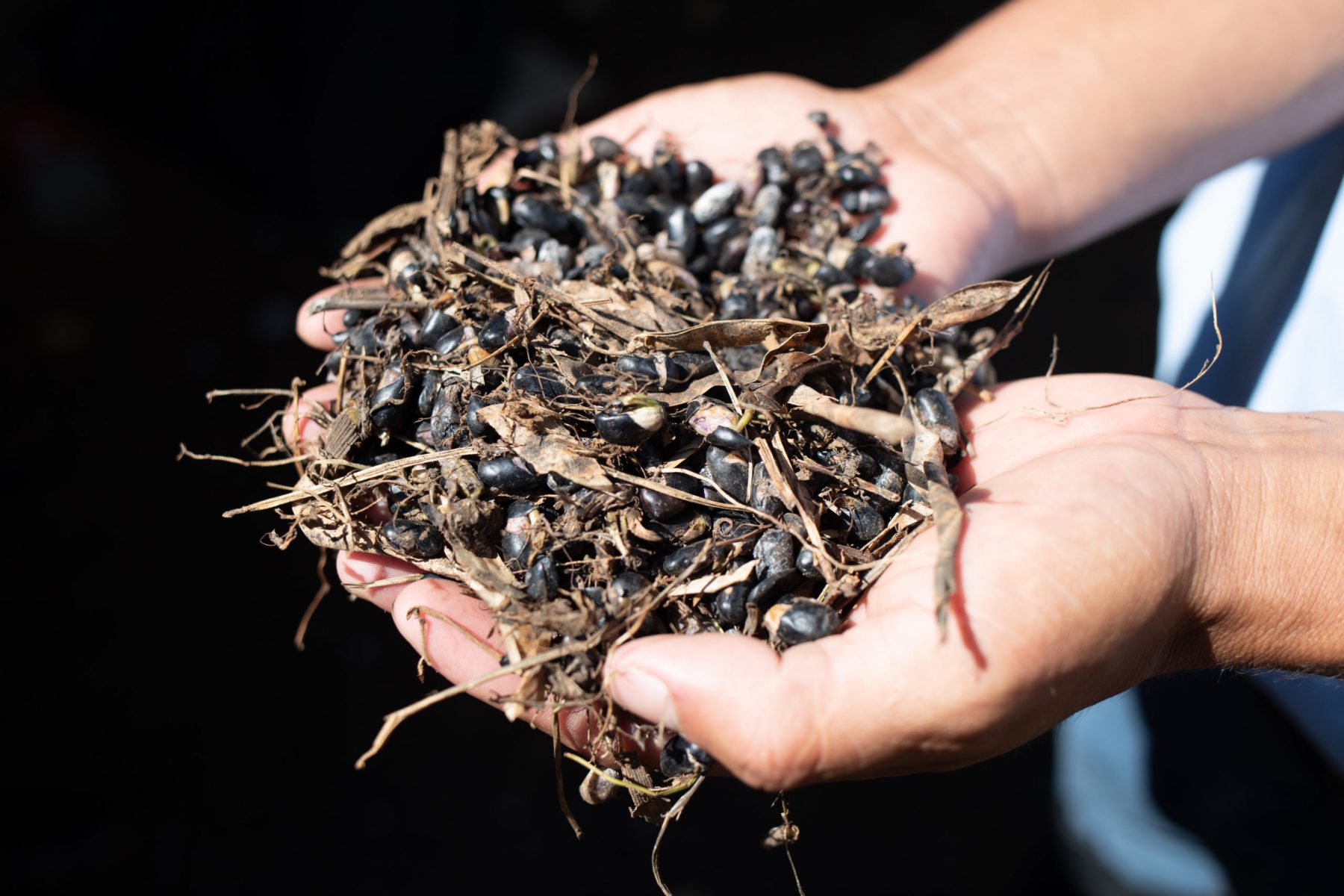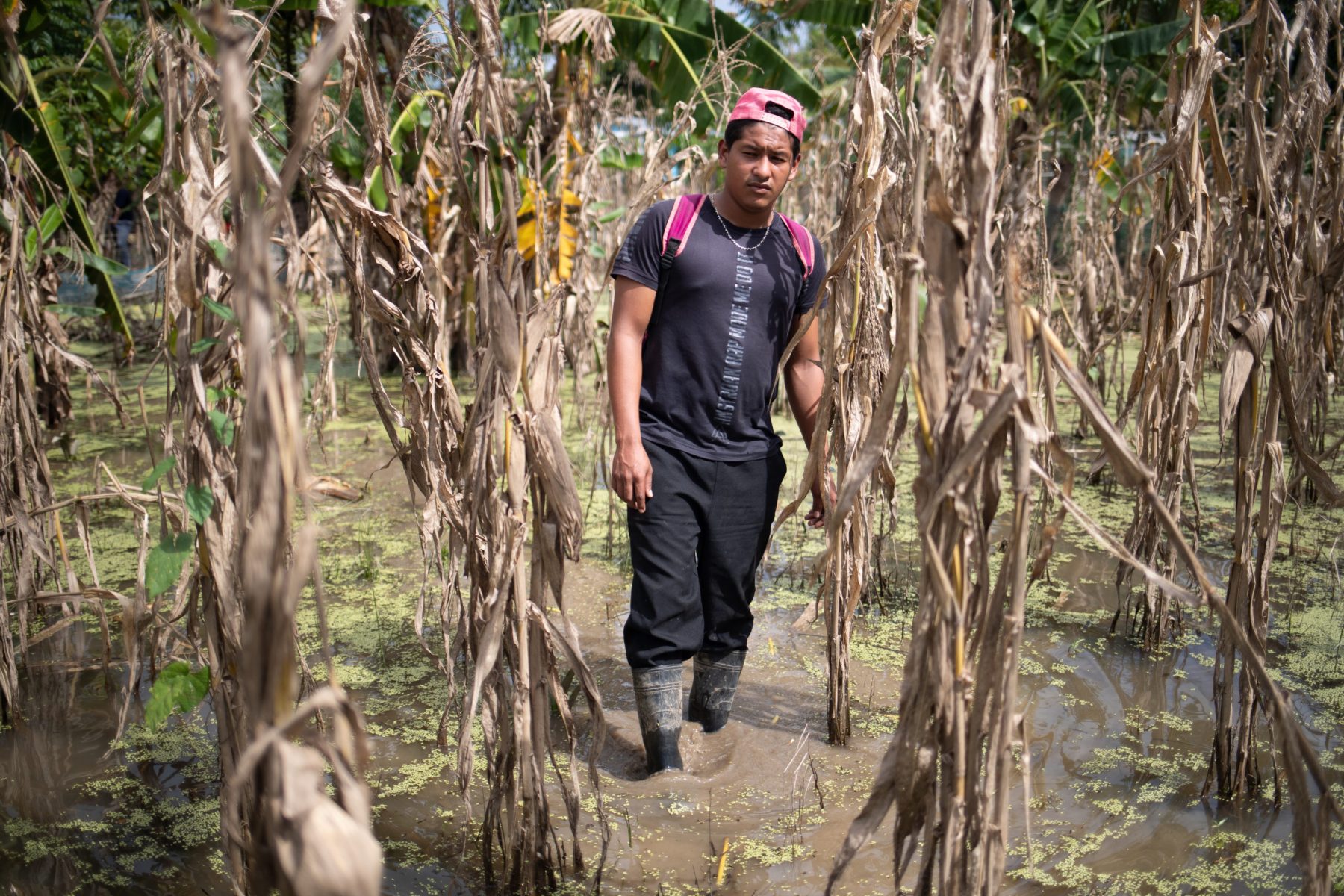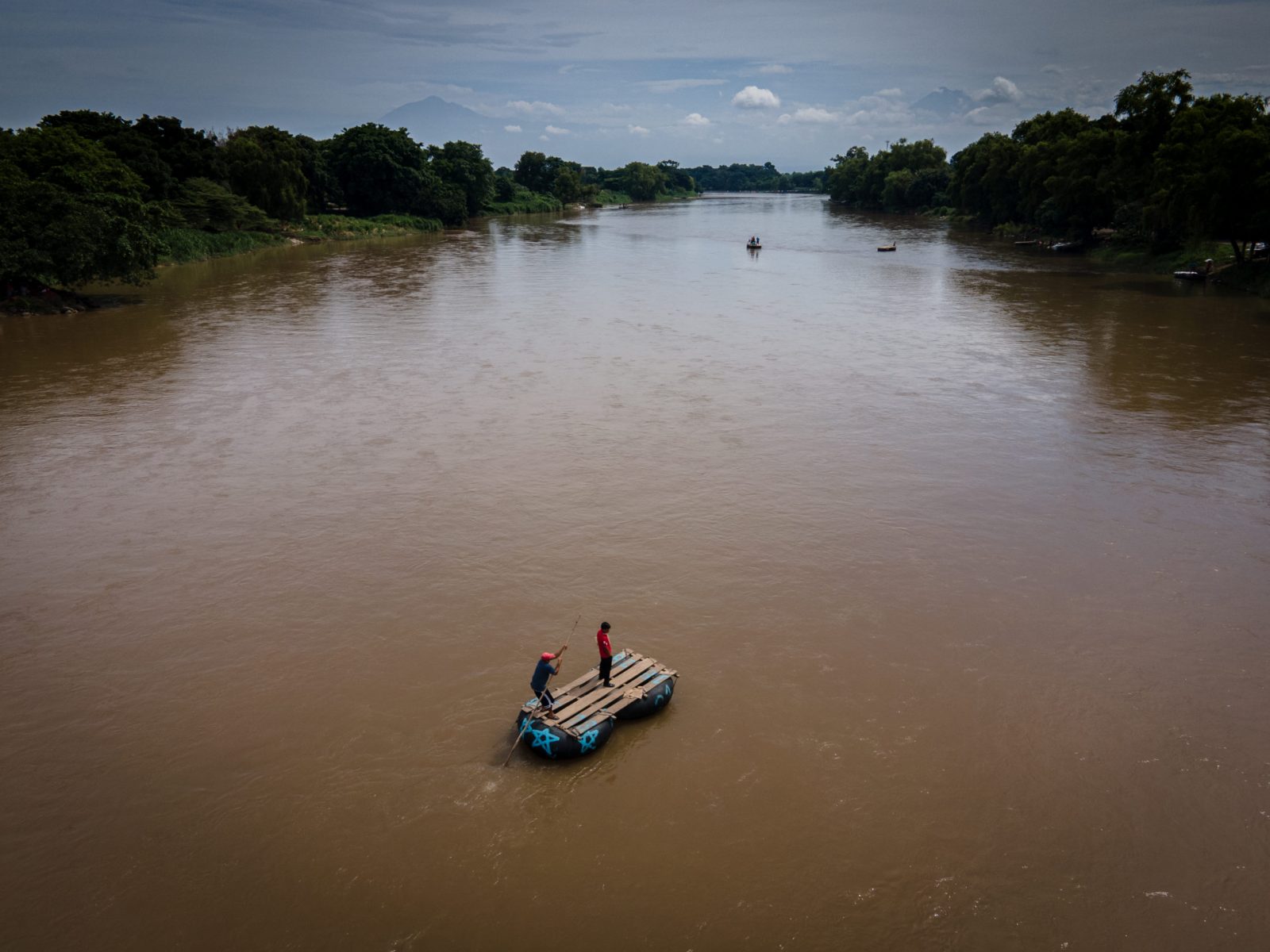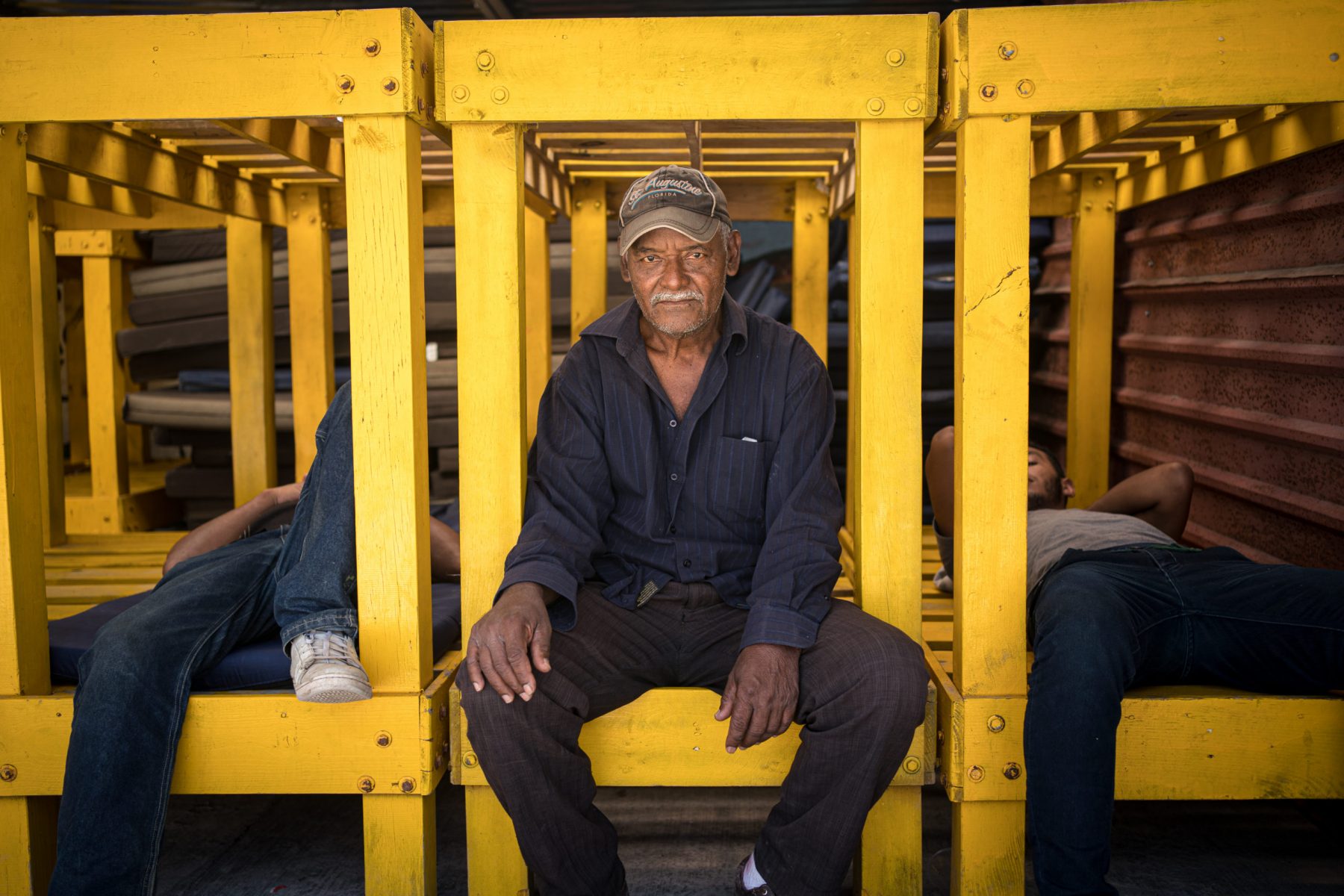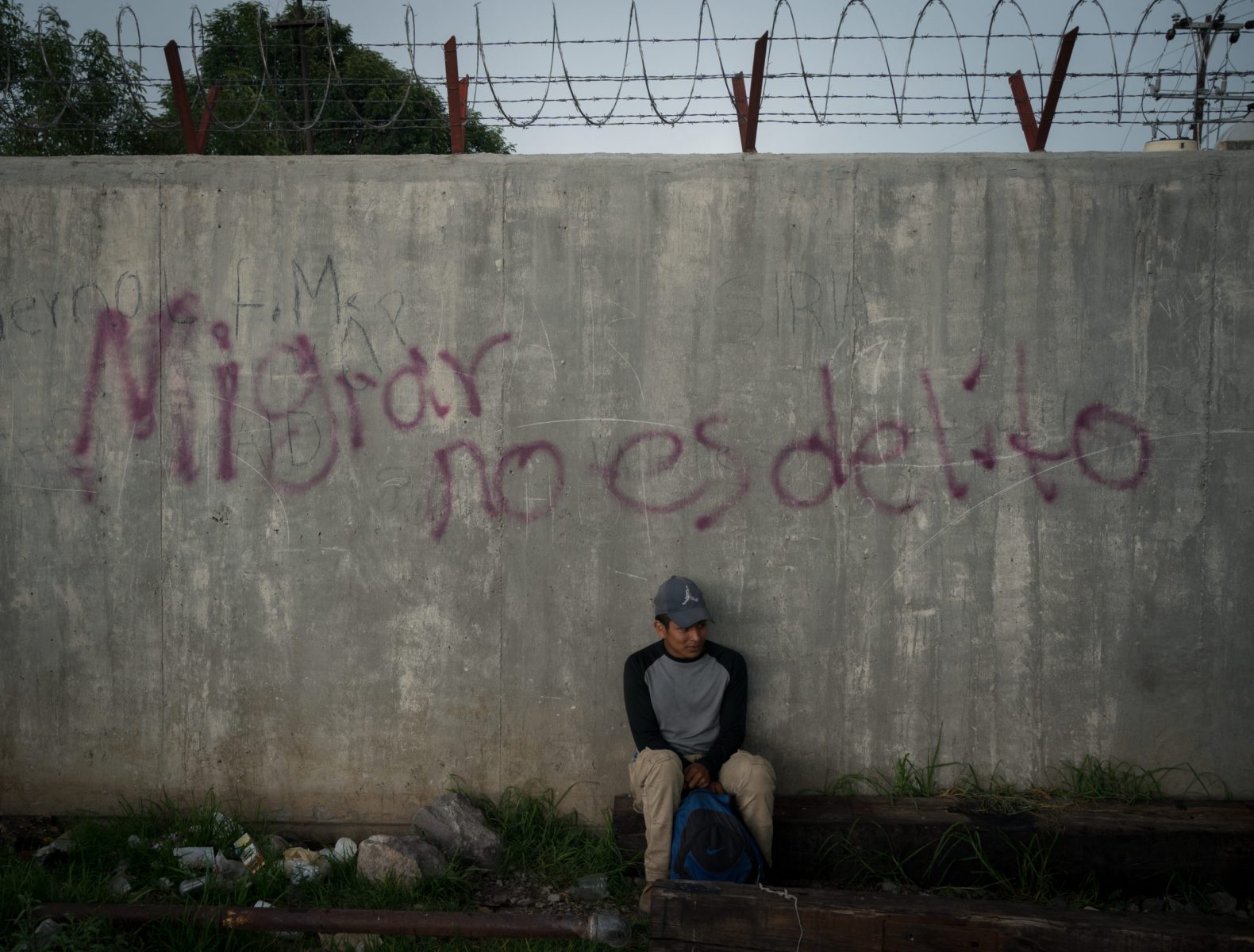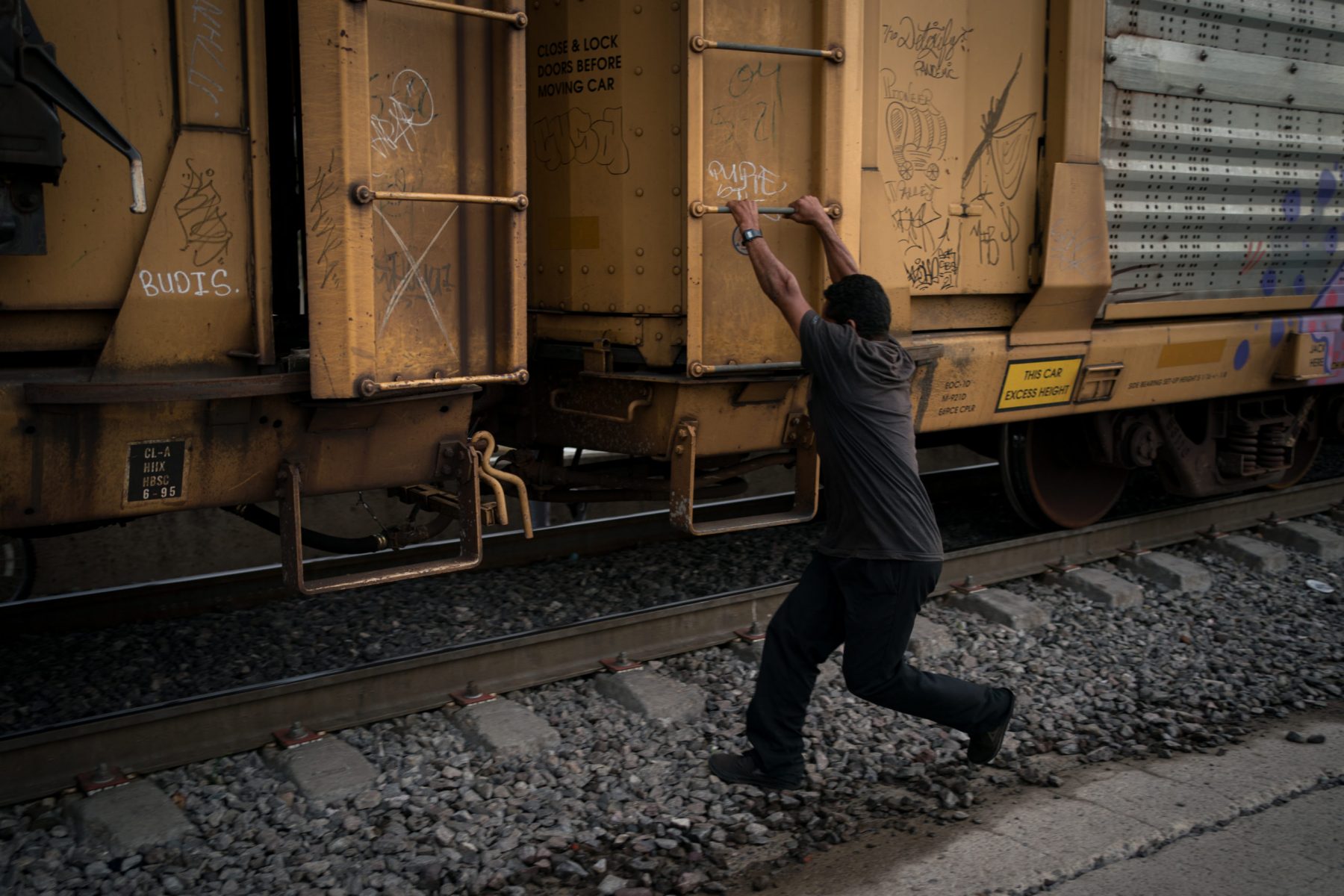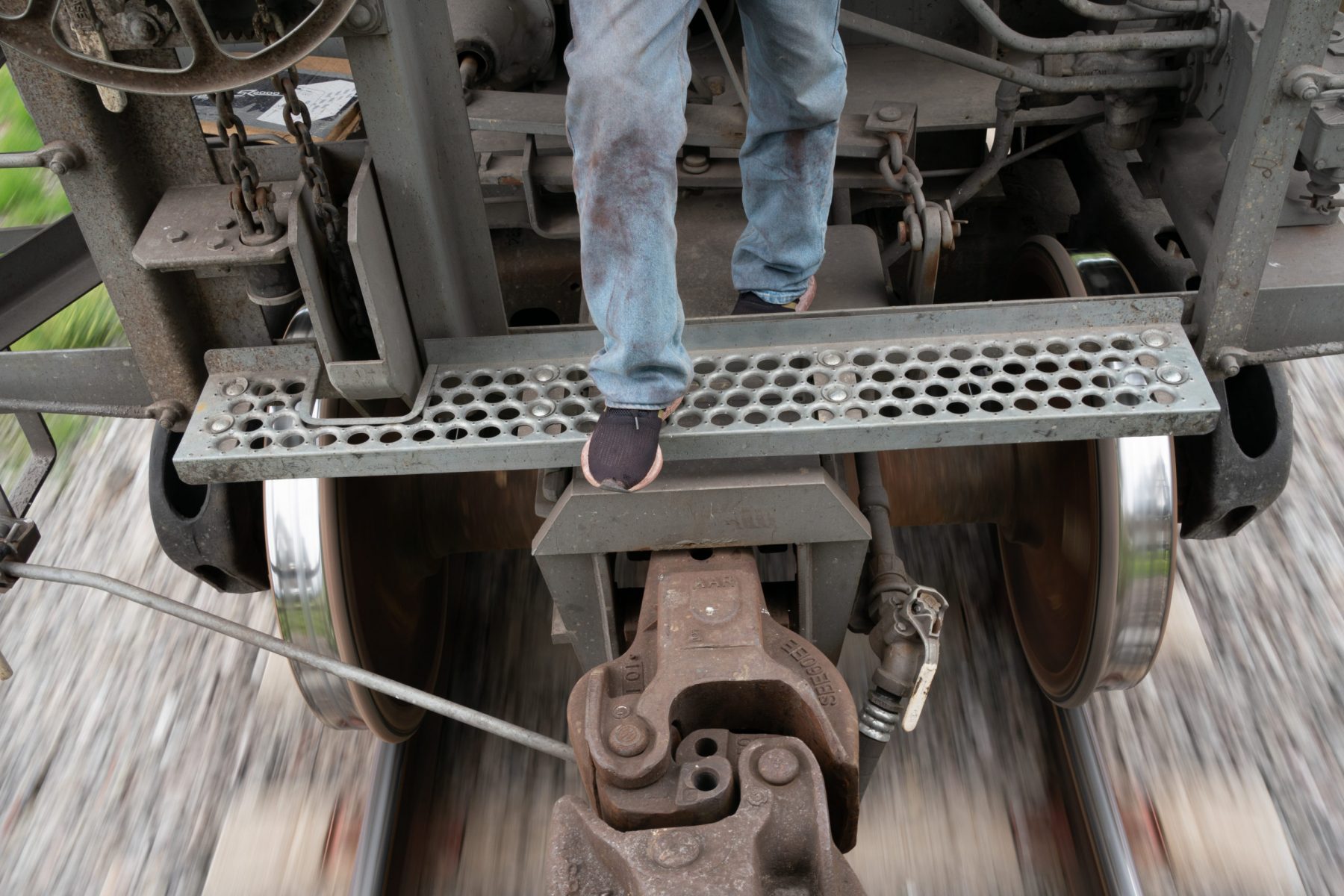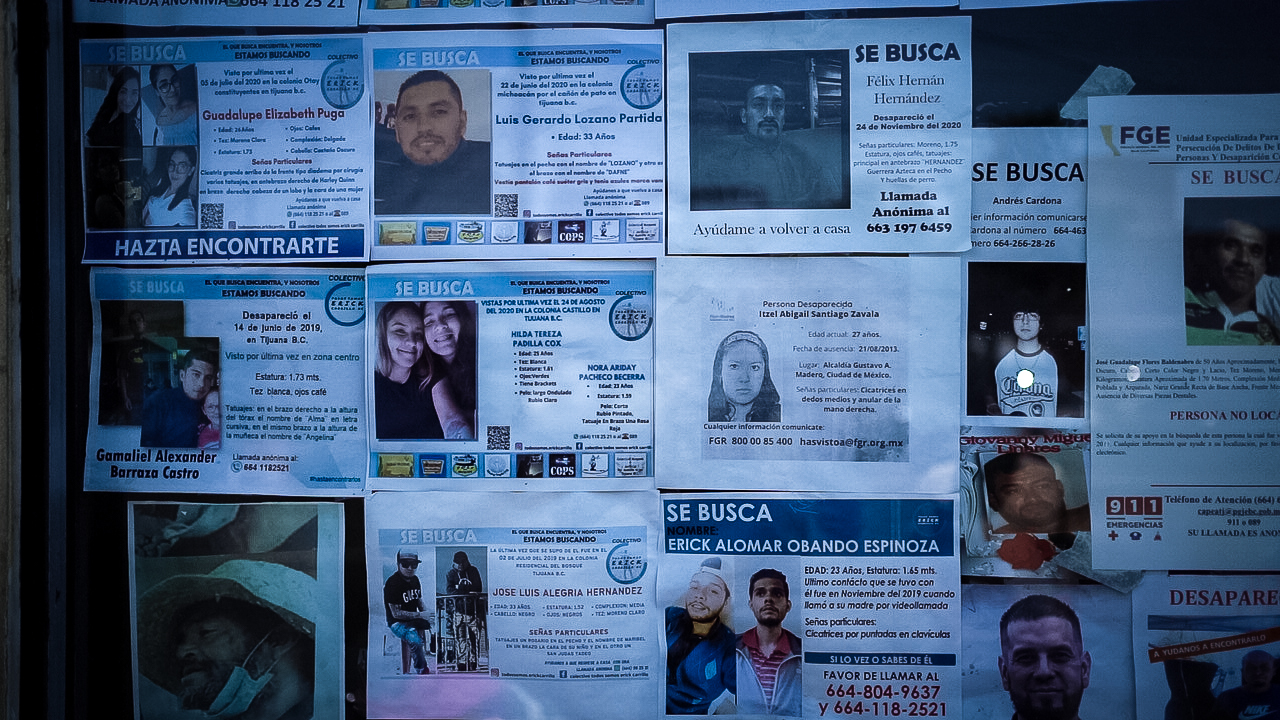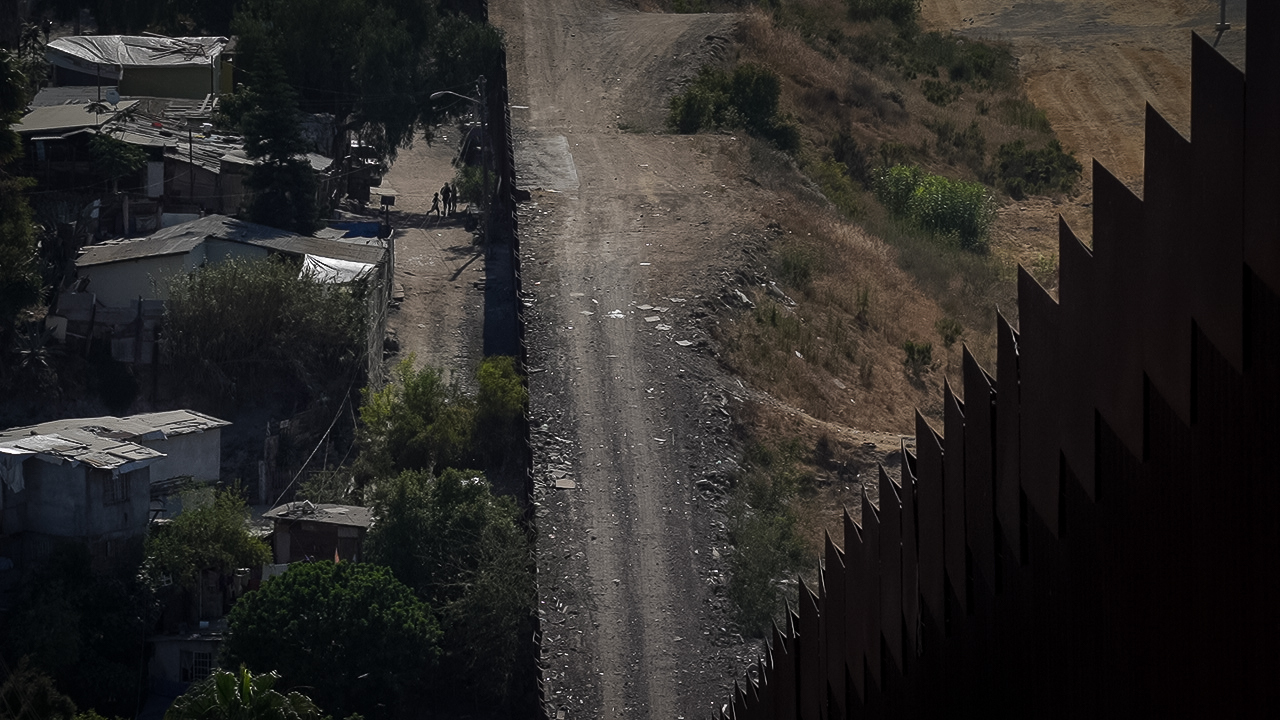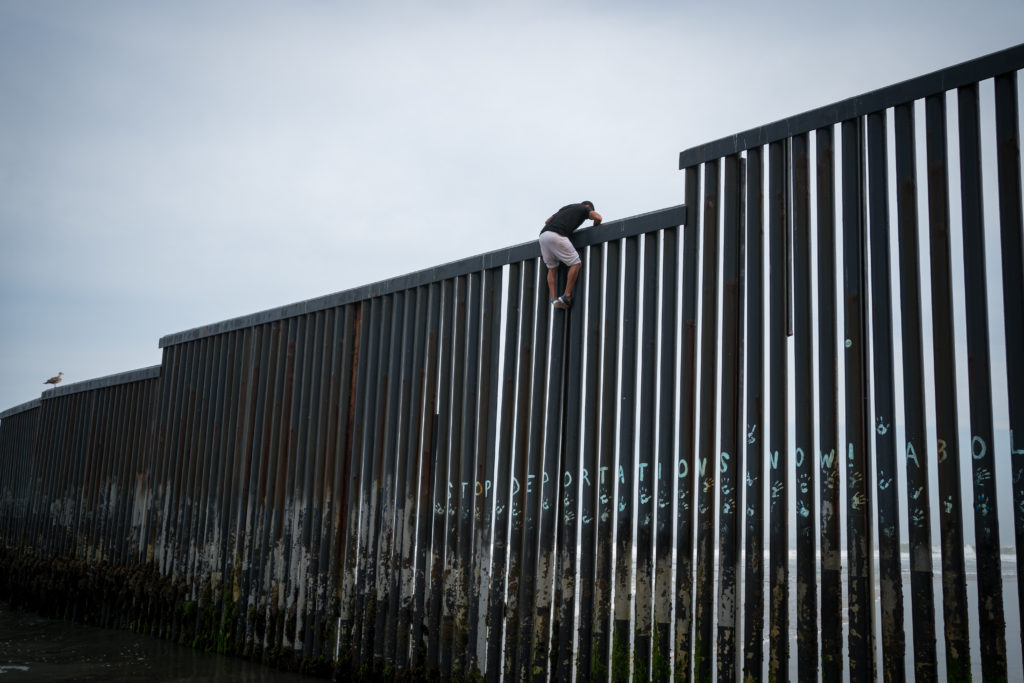In the Democratic Republic of the Congo, where I was documenting public health issues recently, I learned that, at that moment, 200 people were recorded as having died from COVID. That was the total number of deaths in a country a quarter of the size of the USA. The life expectancy there is around 60, so there aren’t many vulnerable elderly people, and there’s such a weak and underfunded healthcare system that there aren’t many people with chronic health issues – the people who are most vulnerable to COVID. So, as it was put to me by a Congolese doctor, “we are just too poor to be affected by COVID.” The mineral resources of the Congo continue to be plundered by mining companies from around the world, who pay for militias and small armies to protect their mines. The violence they mete out is mainly unreported, but has caused the death of millions of people. So the impact of COVID is limited, and the fear of it is relative.
I just spent six weeks on the migrant routes from Honduras through Mexico to the US. The core of the story for me is often lost in the drama of the migrant journey. We focus on the desperate people clinging on to the outside of freight trains for days and nights, being preyed on by gangs who kidnap and extort them, people crossing the Rio Grande or climbing the border wall, children being separated from their mothers, people dying of thirst in the desert. And of course we should be deeply concerned by that.
But the core of the story for me is about why people – our brothers and sisters – feel compelled to risk the dangers of that journey. In Central America many farmers have lost their harvests for ten years because of changing climate, prolonged droughts, increasingly frequent floods and hurricanes and landslides. People leave because they suffer food insecurity, they leave to be able to feed their families, they leave to survive. CWS works effectively on food security across the Central American region and I’ve been honoured to document some of that work over the years. People also leave because so much of the population is unprotected from criminal gangs that prosper under poor governance, and businesses are unable to function or provide employment. People leave to be able to survive. Church World Service works on some of these core issues with strategic humanitarian interventions.
I’m writing this on my way to South Sudan for a seven-week stint looking at faith-based humanitarian responses to the conflict and crises there. I was told in a telephone conversation yesterday that two of the people we were going to meet were just killed in an ambush. Sister Regina Roba trained nurses, and Sister Mary Abut was the headmistress of a school in the capital city of Juba. I think about them, dedicating their lives to doing good work. For many people who commit to Christian service to those in the greatest of need, accompanying the poorest of the poor in the most difficult and brutal situations – they offer up their lives in every way. It’s a holy calling, I believe, and though it’s not for everyone it is worthy of all our support. I believe that supporting humanitarian work should be something that everyone does, in whatever practical way they can.
It’s not all darkness and gloom. There are always signs of hope. Every day I see stories of fraternal love, parental love, romantic love, lived out as people look after each other in the most adverse circumstances. I see people rely on their faith and Christian fellowship, and it’s always a joy to behold. Very often the worst situations are attended by wonderful people in humanitarian organisations like CWS, operating with small budgets but always aiming to maximise their impact and reduce suffering. Humanitarian work has humans at its core, it benefits humans when they need it, and being humans ourselves it is natural to see the benefit of it.
Sean Hawkey is a documentary photographer and videographer. He lived in Latin America for 12 years, working on post-war reconstruction and indigenous land rights where he used photography and video for political advocacy work. He edited a magazine in London for five years and ran communications for an alliance of aid agencies in Geneva for five years before going freelance in 2011. A frequent CWS collaborator, he is also the co-founder of Life on Earth Pictures. All photos credit: Sean Hawkey

